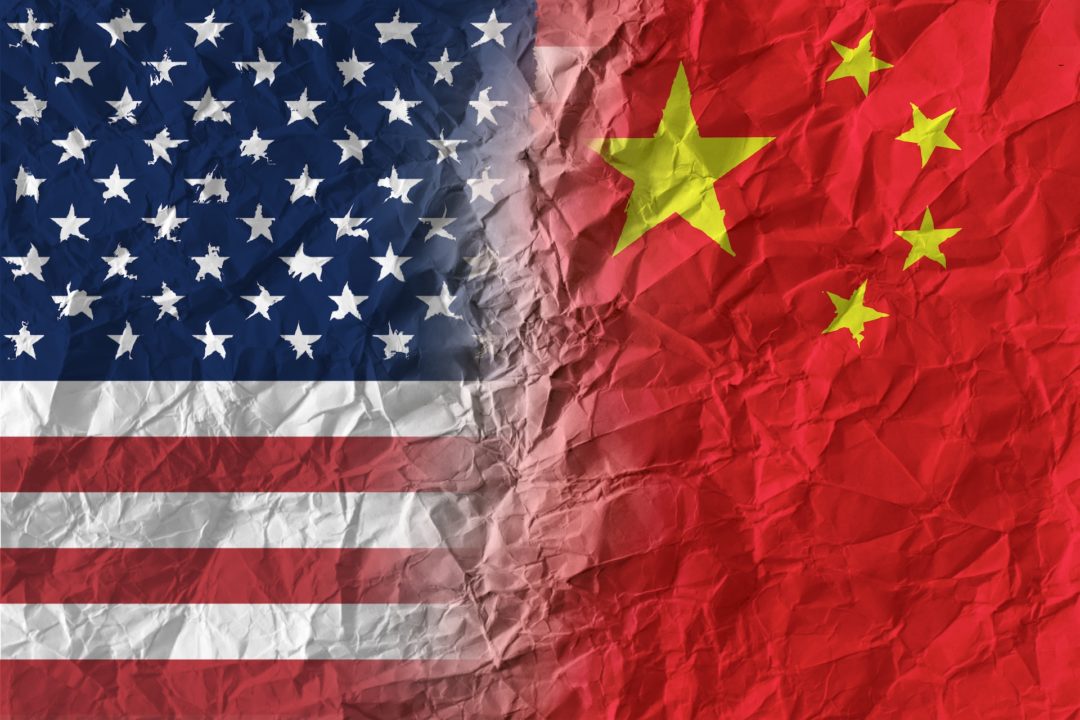Washington, DC—President Donald J. Trump announced that he is authorizing a 90-day pause in reciprocal tariffs to all countries except China. Fox Business reported that Trump posted on social media site Truth Social that more than 75 countries contacted U.S. representatives to "negotiate a solution" on subjects related to trade, trade barriers, tariffs, currency manipulation, and non-monetary tariffs. During the 90-day pause, the universal tariff rate of 10% remains in place. For China, Trump announced that he is immediately raising the tariffs on Chinese goods to 125%.
USA Today outlined the international exchanges leading up to Trump's latest announcement, and is sharing live updates on the latest developments.
About the tariffs
As WholeFoods Magazine has reported, on April 2, dubbed "Liberation Day," The White House had announced that Trump "declared that foreign trade and economic practices have created a national emergency, and his order imposes responsive tariffs to strengthen the international economic position of the United States and protect American workers." The executive order involved reciprocal tariffs on goods from around the world, plus a 10% baseline tariff on U.S. imports from virtually all countries, and the levels are higher for some countries including China.
Resources for tariff updates
The Natural Products Association (NPA) has established a Tariff page on its website with the latest developments to help keep industry members informed. On that page, NPA stressed the importance of proactive measures from the NPA and its members in the supplement and natural products industry. To navigate the challenges posed by fluctuating tariffs, NPA recommends that industry members:
- Stay informed by regularly monitoring official communications from relevant government agencies, such as the U.S. Trade Representative (USTR) and the Department of Commerce (DOC), to stay updated on policy changes that may impact your supply chains and operations.
- Engage in advocacy by collaborating with industry associations and participating in advocacy efforts to communicate the industry’s concerns and perspectives to policymakers. NPA notes that engaging in dialogue can help shape trade policies that consider the unique needs of the supplement sector. One such opportunity is coming up in May: NPA Sets Date for Fly-in Day 2025.
- Seek guidance from trade compliance professionals to navigate the complexities of tariff regulations and to develop strategies that minimize financial and operational impacts.
The American Herbal Products Association (AHPA) encouraged companies with goods in transit to monitor The White House website, Federal Register and other sources for breaking changes and updates.
This is an evolving story, with news coming from around the word. Additional insights and developments will be shared in the days and weeks ahead.
Related: NPA: NY Division of Consumer Protection is Spreading Misinformation on Dietary Supplements
CRN Cautions Against Misuse of Vitamin A for Measles Prevention
Thoughts on Liberation Day










